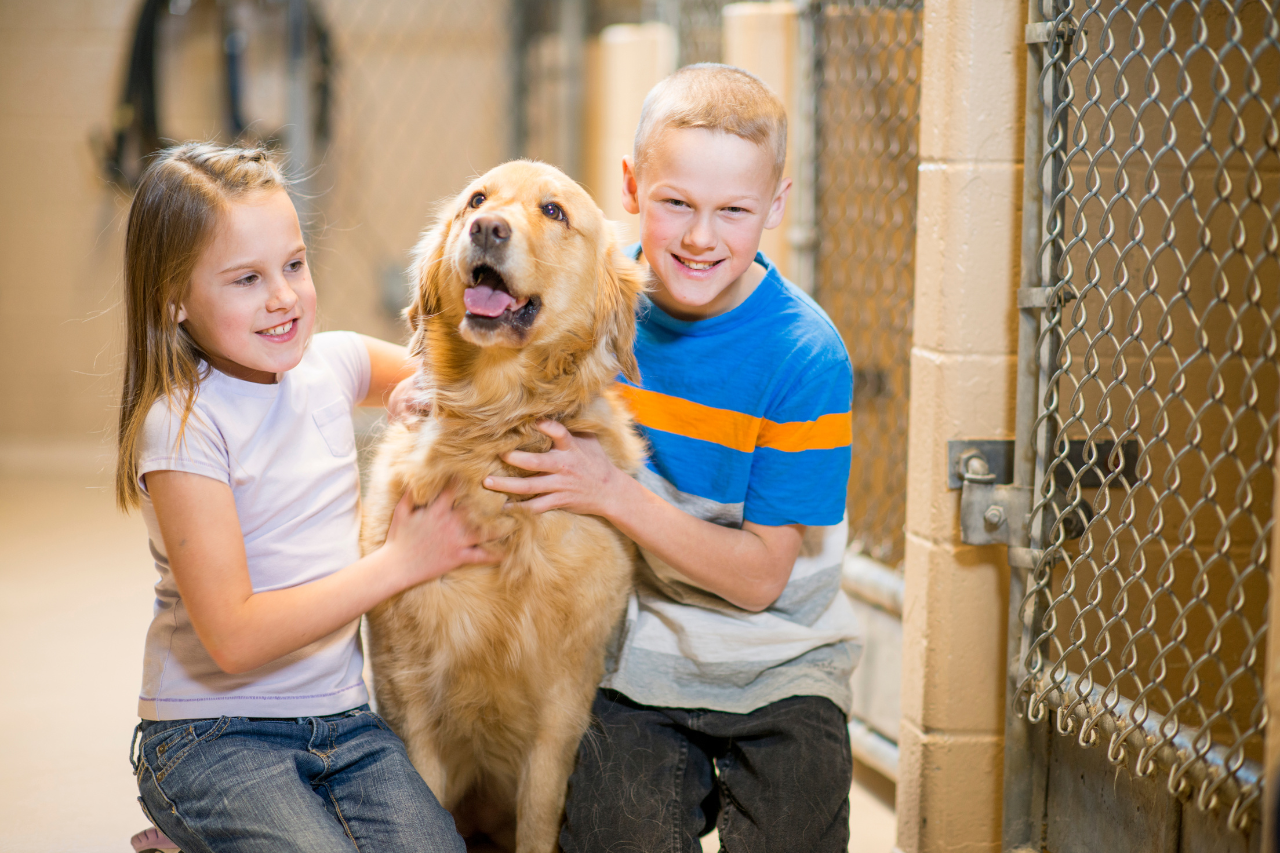
15 Crucial Questions Before Bringing A Dog Into Your Life: A Comprehensive Guide for Future Dog Owners to Ensure Readiness
Are you dreaming of adding a four-legged friend to your family? Embarking on the journey of dog ownership is exciting but it’s much more than just puppy love. It’s a big decision that comes with a lot of questions.
From understanding your lifestyle to preparing for long-term commitments, this guide is here to help you ponder the crucial considerations. Let’s walk through 15 key questions that will not only prepare you for the joys of having a dog but also ensure you’re ready for the responsibilities. Get ready to unlock the secrets to a fulfilling canine companionship!
1. Home Sweet Home: Is Your Living Space Dog-Friendly?
Before welcoming a furry friend, take a good look at your living space. Is it safe and accommodating for a dog? Think about the size of your home, availability of outdoor space, and any potential hazards.
A dog-friendly home is more than just space; it’s about creating a safe, nurturing environment. This means securing areas that might be dangerous for a curious pup and ensuring there’s enough room for them to play and relax. A happy dog needs a space that’s both safe and comfortable.
2. Time Ticking: Can You Dedicate Enough Time To A Dog?
Dogs aren’t just pets; they’re family members who crave time and attention. Reflect on your daily routine: Do you have enough time to walk, play, and care for a dog? Remember, dogs need regular exercise, training, and social interaction to stay happy and healthy.
It’s not just about the quantity of time but also the quality. A dog in your life means being there for the morning walks, the playful afternoons, and the quiet evenings. It’s a commitment to be a constant, loving presence in their lives.
3. Financial Fur-itude: Can You Afford The Cost Of Dog Ownership?
Owning a dog goes beyond the initial adoption or purchase price. It’s a financial commitment that includes food, grooming, vet visits, and sometimes unforeseen health expenses. Prepare a budget and consider the ongoing costs: high-quality food, regular check-ups, vaccinations, and emergency care.
Also, think about the long-term financial responsibility. Are you ready to invest in their well-being for their entire life? It’s not just about being able to afford a dog; it’s about ensuring you can provide the best care throughout their life.
4. Size Matters: What Size Of Dog Fits Your Lifestyle?
The size of your future dog is a significant consideration. Large breeds might need more space and exercise, while smaller ones could be better suited for apartment living. But size is more than just a physical attribute; it influences their energy levels, dietary needs, and even healthcare costs.
Reflect on your living situation, daily activities, and how much physical activity you can realistically provide. Choosing a dog that fits your lifestyle isn’t just about comfort; it’s about ensuring a happy and harmonious life together.
5. Allergies Alert: Does Anyone In Your Household Have Pet Allergies?
Before a dog can join your family, it’s crucial to consider allergies. Pet dander can be a serious issue for some people. Check with everyone in your household to ensure no one has severe reactions to dogs. If allergies are present, explore hypoallergenic breeds or consult with an allergist for ways to manage the symptoms.
It’s not just about avoiding discomfort; it’s about ensuring everyone’s health and happiness in your pet-inclusive home. Remember, bringing a dog into an allergy-prone household requires careful planning and consideration.
6. Energy Exchange: Matching Your Activity Levels With The Right Breed
Dogs come with different levels of energy, much like us. It’s important to choose a breed whose energy matches yours. Are you outdoorsy and active, or do you prefer a more relaxed lifestyle?
High-energy breeds like Border Collies or Labradors thrive with lots of exercise and mental stimulation, while breeds like Bulldogs or Shih Tzus may prefer a more laid-back lifestyle. Matching your activity level with your dog’s natural tendencies is key to a harmonious relationship, ensuring both of you enjoy your time together to the fullest.
7. Puppy Or Adult: Which Stage Fits Your Lifestyle?
Deciding between a puppy and an adult dog is a big decision. Puppies, with their irresistible cuteness, also bring a lot of work. They require training, patience, and a lot of time. On the other hand, adult dogs can be less demanding in terms of training and attention. They often adapt more quickly to new environments and routines.
Consider your lifestyle, time availability, and patience level when making this choice. Whether it’s the playful energy of a puppy or the calm presence of an adult dog, choose the one that aligns with your life.
8. Noise Level Check: Can You Tolerate Barks And Whimpers?
Dogs communicate through barks, whimpers, and other sounds. Some dogs are more vocal than others, and this can be a factor to consider, especially if you live in an apartment or a noise-sensitive neighborhood.
Think about your environment and your tolerance for noise. Are you okay with a dog that expresses itself loudly, or would you prefer a quieter companion? Understanding your limits and preferences in terms of noise can help ensure a peaceful coexistence with your furry friend.
9. Social Butterfly Or Lone Wolf: Understanding Your Dog’s Social Needs
Just like people, dogs have different social needs. Some dogs love being the center of attention and enjoy social gatherings, while others might be more reserved or shy.
Consider your social lifestyle and how a dog would fit into it. Do you often have people over or spend time in dog parks? Or do you prefer a quiet, less crowded environment? Choosing a dog that matches your social preferences is important for both your happiness and the well-being of your dog.
10. Grooming Galore: How Much Maintenance Can You Handle?
The grooming needs of dogs vary widely. Long-haired breeds like Poodles or Shih Tzus require regular grooming to keep their coat healthy and free of mats. Short-haired breeds might need less grooming but still require regular care.
Consider how much time and effort you’re willing to invest in grooming. Are you ready for regular brushing sessions and visits to the groomer, or would you prefer a low-maintenance coat? The right match in grooming needs will make the care routine enjoyable for both you and your dog.
11. Health Insurance How-To: Are You Prepared For Veterinary Expenses?
Pet health care can be costly, so it’s important to think about how you’ll handle veterinary expenses. Consider options like pet insurance, which can offer peace of mind by covering unexpected costs. Alternatively, setting up a dedicated pet emergency fund is another way to ensure you’re financially prepared for your dog’s health needs.
Regular check-ups, vaccinations, and occasional illnesses are all part of dog ownership. Planning ahead financially means you can provide the best care for your furry friend without added stress.
12. Training Time: Are You Ready To Invest In Obedience Training?
Training isn’t just about teaching tricks; it’s crucial for building a respectful and harmonious relationship with your dog. Are you ready to commit time and effort to proper training? It helps in managing behavior, ensuring safety, and strengthening your bond.
Whether you opt for professional classes or train at home, consistency and patience are key. Training is an ongoing process, a commitment to understanding and guiding your dog through life’s challenges. It’s an investment that pays off in a well-behaved, happy dog.
13. Pet-Friendly Perks: Does Your Workplace Or Residence Allow Dogs?
Before bringing a dog into your life, make sure your living situation is conducive to pet ownership. Check if your residence has any pet restrictions, and consider the space your dog will need. Similarly, if you’re working, consider whether your workplace is pet-friendly or if you’ll need to arrange care during work hours.
Ensuring your dog can comfortably fit into your living and working environment is crucial for their well-being and your peace of mind.
14. Future Forecast: Can You Commit To A Dog’s Lifespan?
Dogs are not just a short-term commitment; they’re companions for life. On average, dogs live between 10 to 15 years, sometimes longer. It’s essential to think about where you’ll be in the next decade or so and whether a dog fits into your long-term plans.
Are you prepared for the responsibility that comes with caring for a dog throughout its life? This includes not just the joyful moments but also the challenges and changes that come with age.
15. Emergency Exit: Have A Plan For Unexpected Situations
Life can be unpredictable, and it’s important to have a plan for emergencies when it comes to your pet. This includes knowing who will care for your dog if you’re unable to, having an emergency vet contact, and being prepared for unexpected health issues or other crises.
Planning for the worst-case scenarios ensures that your dog’s needs are always taken care of, no matter what life throws your way.
Conclusion
Embarking on the journey of dog ownership is an adventure filled with love, responsibility, and numerous rewards. By thoughtfully considering these 15 questions, you’re taking the first step towards ensuring a joyful and fulfilling companionship with your new canine friend.
Remember, this journey is not just about the love you’ll receive, but also about the love and care you’re prepared to give. A well-considered decision paves the way for a beautiful, lasting relationship with your four-legged companion.






